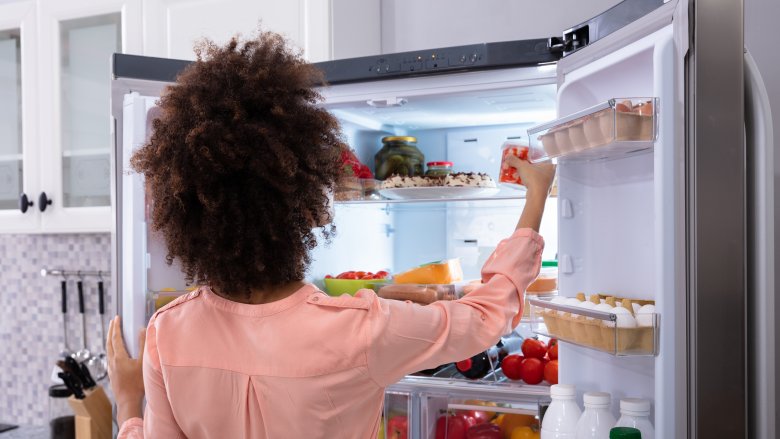
Advertisements
Many of us live in cities, so for lack of cellars, we store food in the refrigerator. Additionally, many believe that their beneficial properties are preserved this way. However, not everyone knows that not all foods can be stored there. Some foods do not tolerate the cold and require different storage conditions.
Proper storage is essential to maintain the quality and nutritional value of food. While the refrigerator is a convenient option for many items, certain foods need alternative storage methods to stay fresh and retain their beneficial properties. Understanding these needs can help prevent spoilage and ensure optimal taste and health benefits.
Potato
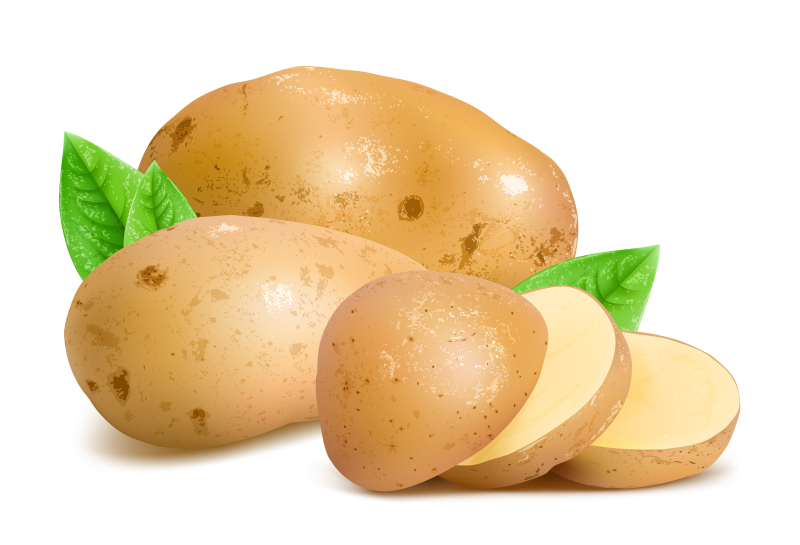
Low temperatures help convert the starch in potatoes into sugar, which changes the taste of the vegetable. Potatoes require a cool, but not cold, storage place, and it should also be dark. A closet works well for this purpose. It is recommended to place potatoes in paper bags instead of plastic ones.
Storing potatoes correctly ensures they stay fresh and maintain their flavor. When exposed to too much light or cold, potatoes can develop an unpleasant taste and even sprout. By using a dark, cool place like a closet and opting for breathable paper bags, you can keep your potatoes in the best condition for longer periods.
Bread
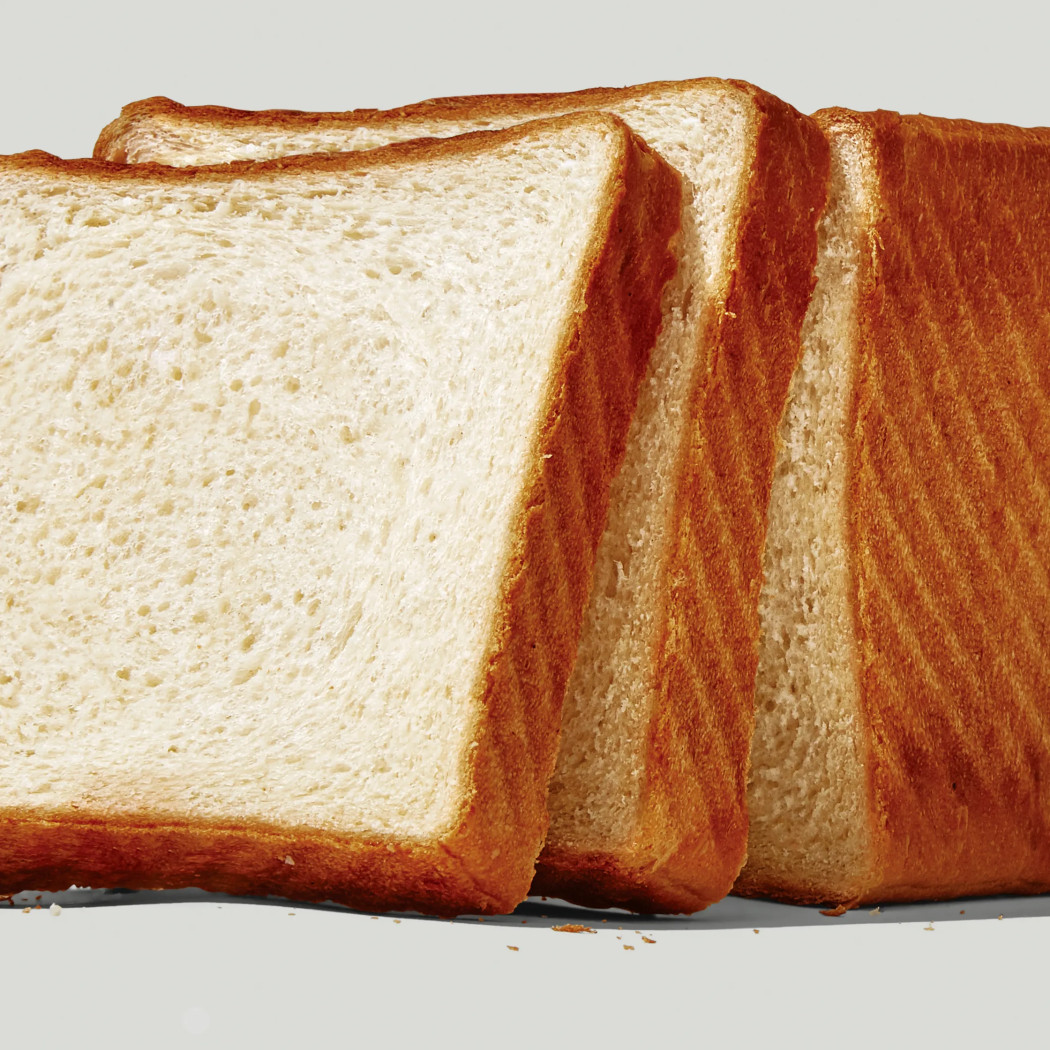
Bread dries quickly in the refrigerator. It is recommended to store it in a paper bag on the table if you plan to use it within one or two days. If longer storage is required, it can be placed in the freezer after being well packaged.
To keep your bread fresh and tasty, it’s important to store it properly. For short-term use, a paper bag on the table allows the bread to breathe while maintaining its moisture. For longer storage, freezing the bread, securely wrapped, prevents it from drying out and preserves its quality for future use.
Onion
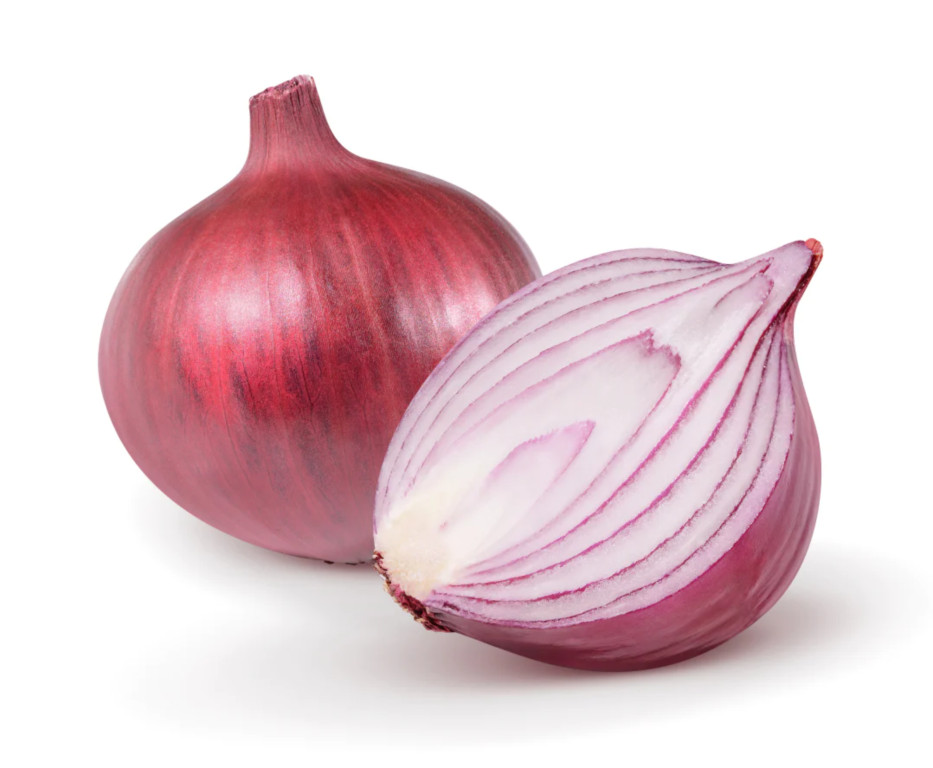
Onions should be stored in a dark, cool place, but not in the refrigerator. Otherwise, they will become moldy and soft due to the moisture that collects inside. As a result, they will quickly deteriorate.
Proper storage of onions is essential to maintain their freshness and quality. When kept in the refrigerator, the moisture can cause them to spoil rapidly. Instead, a dark, cool place allows onions to stay dry and firm, ensuring they remain usable for a longer period.
Garlic
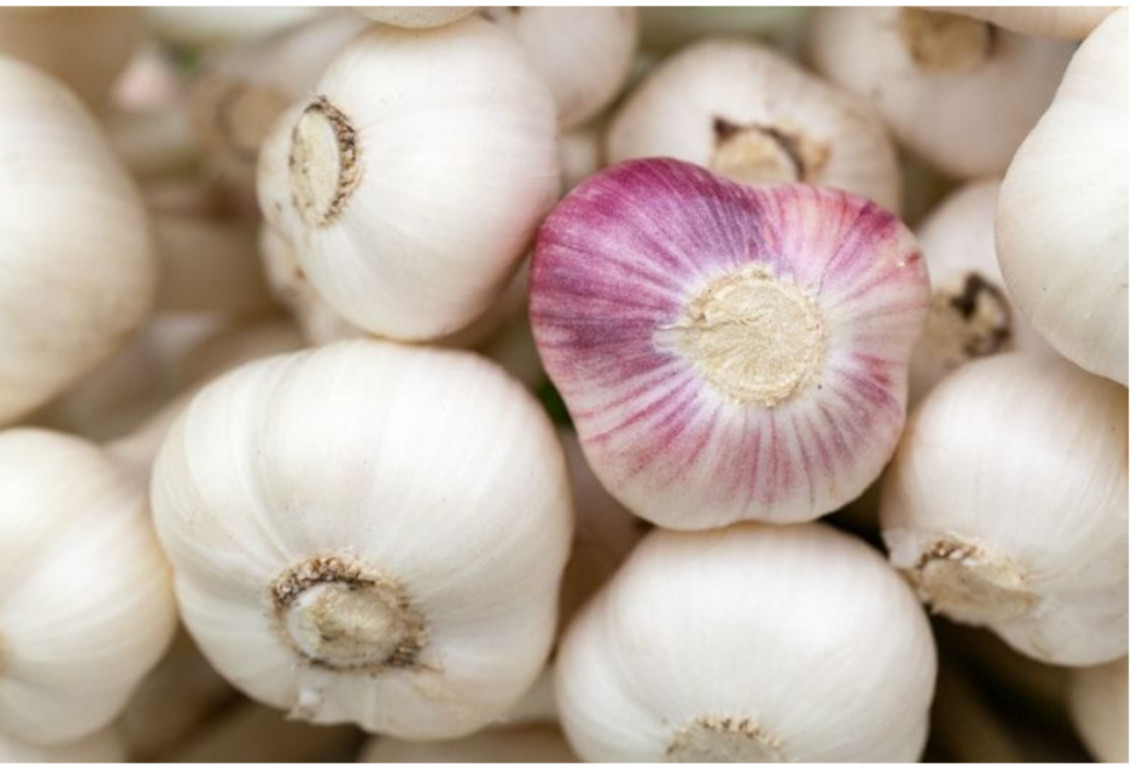
When stored in the refrigerator, garlic loses its beneficial properties. Additionally, it deteriorates quickly, becoming soft, starting to rot, and even sprouting in the cold environment.
Proper storage is crucial for maintaining the quality of garlic. Keeping it in the refrigerator accelerates its spoilage and diminishes its health benefits. For best results, store garlic in a cool, dry place where it can remain firm and retain its full flavor and nutritional value.
Basil
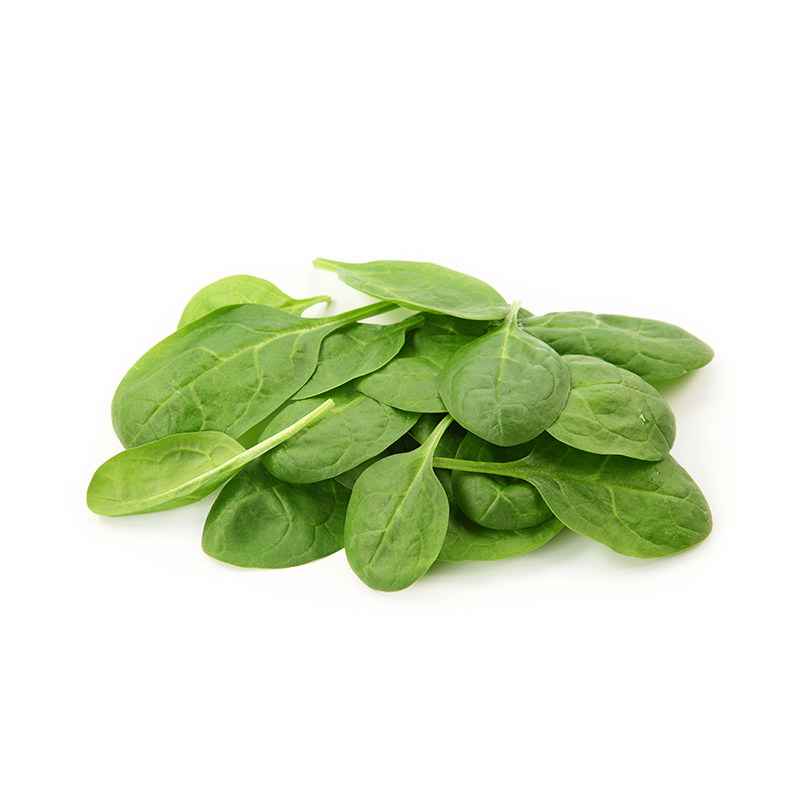
Advertisements
It is recommended to store basil in a cup of water on the table. In the refrigerator, it will absorb the odors of other foods. If you want to keep basil for a long period of time, you should cut it and place it in a bag in the freezer.
Proper storage of basil helps maintain its fresh aroma and flavor. By keeping it in a cup of water on the table, you ensure it stays vibrant and ready to use. For longer storage, freezing the cut basil in a sealed bag preserves its essential oils and taste, making it a convenient option for future use.
Honey

Honey has been found to have no expiration date. However, it is not recommended to store it in the refrigerator, as it begins to crystallize. It is better to find another place for storing honey.
Proper storage of honey is essential to maintain its smooth texture and quality. While honey can last indefinitely, refrigerating it causes crystallization, making it harder to use. Instead, keep honey in a cool, dry place at room temperature to preserve its liquid consistency and natural sweetness.
Tomatoes
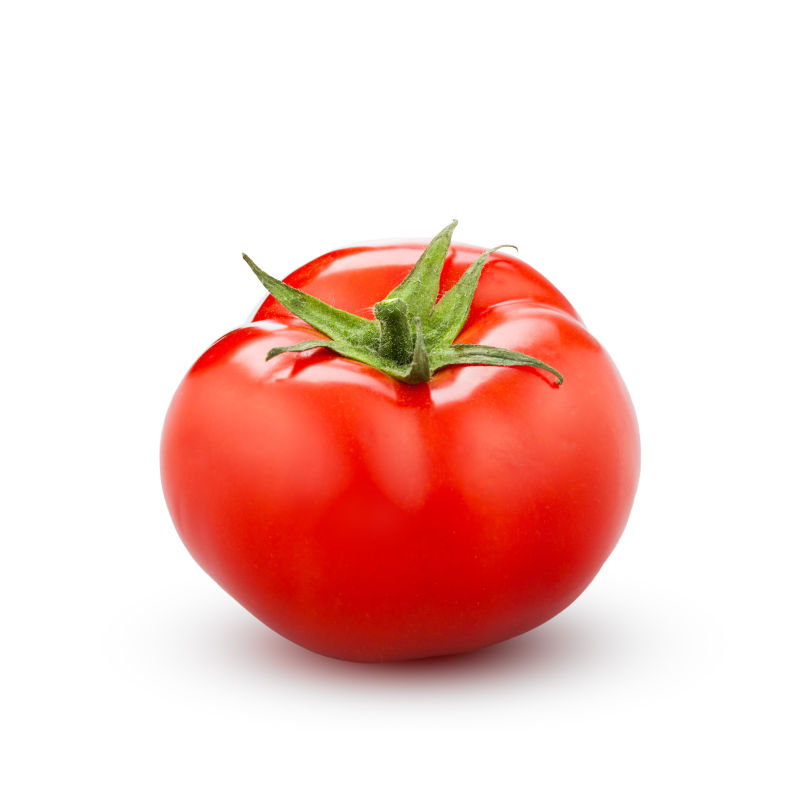
Cold contributes to changes in the appearance, taste, and aroma of tomatoes, as low temperatures destroy the membranes in their cell walls. In the refrigerator, the ripening process of tomatoes is interrupted, causing their taste to deteriorate.
Proper storage of tomatoes ensures they maintain their full flavor and texture. Refrigeration halts their natural ripening, leading to a loss of taste and an unappealing texture. For the best flavor, store tomatoes at room temperature where they can continue to ripen naturally.
Avocado
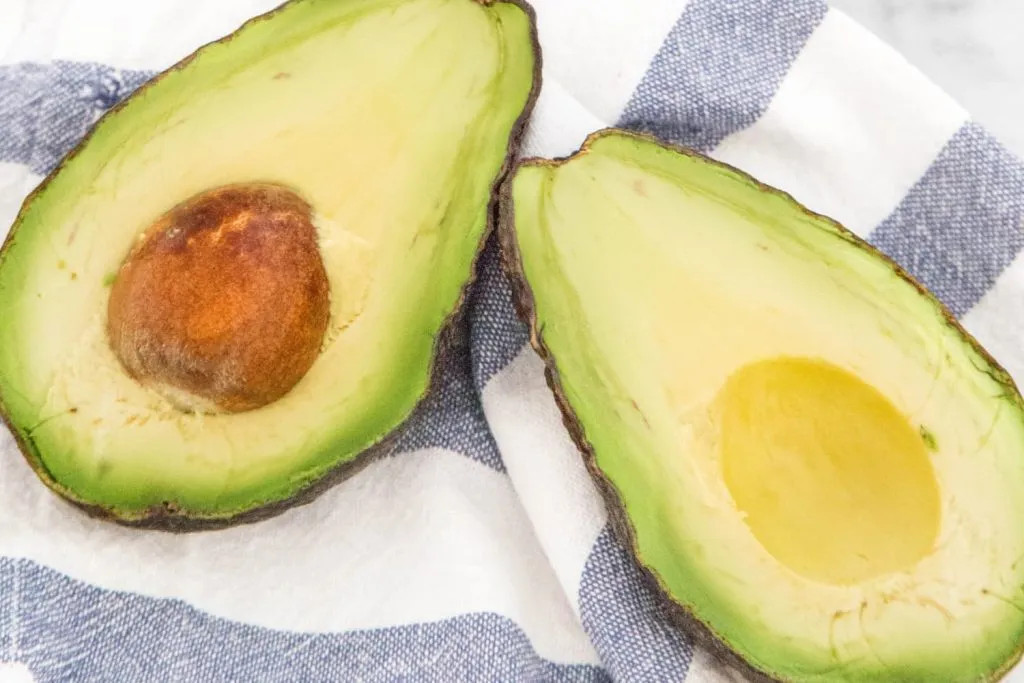
Many people, when buying avocados, expect the fruits to ripen, acquire a richer taste, and become soft. However, in the refrigerator, the ripening process stops, causing the fruit to harden.
Proper storage of avocados is essential for them to reach their full, creamy texture and flavor. Refrigeration halts the natural ripening process, leading to a firmer, less flavorful fruit. For the best results, keep avocados at room temperature until they ripen.
Coffee

Large quantities of coffee can be stored in the freezer. In the refrigerator, it begins to lose its taste and aroma. Additionally, it will absorb the odors of other products.
Proper storage of coffee is essential to preserve its rich flavor and aroma. While the freezer can keep large amounts of coffee fresh for longer periods, storing it in the refrigerator is not recommended. The moisture and odors in the fridge can compromise the coffee’s quality. Instead, keep coffee in an airtight container in a cool, dry place for optimal freshness.
Olive oil
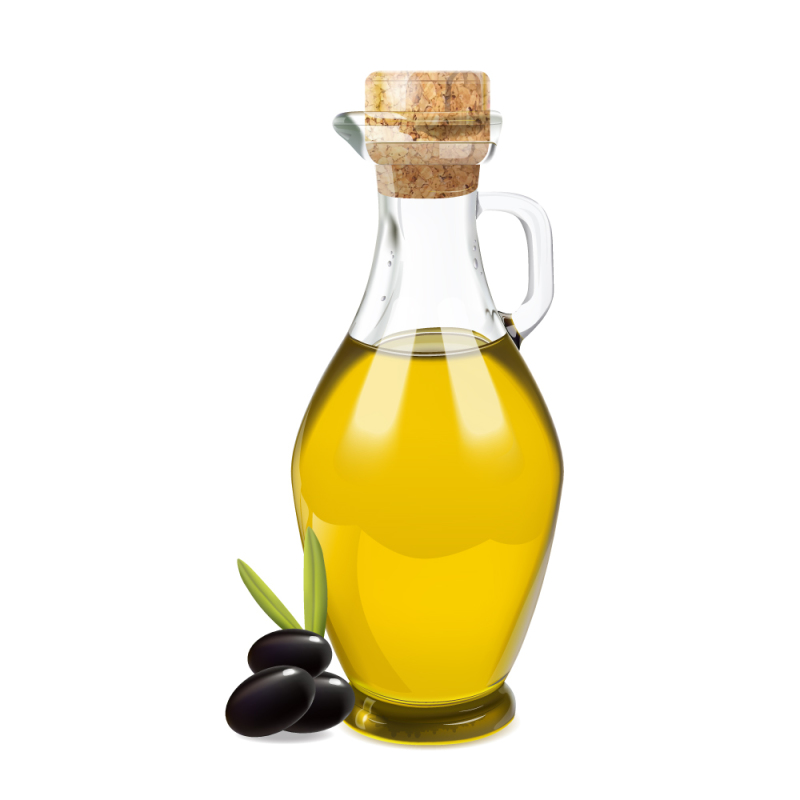
Advertisements
This product is recommended to be stored in a cool dry place. In the refrigerator, the oil will change consistency, color, and aroma. Condensation will fall into it, and it will look like some kind of incomprehensible mixture.
These are the ten foods that are not recommended to be stored in the refrigerator, as they will lose their taste, color, and aroma, as well as all their beneficial properties. It is recommended to find a dry, dark, and cool place, for example, in a kitchen cabinet, or even better, in a cellar. Thus, it is possible to extend the shelf life of these products.


